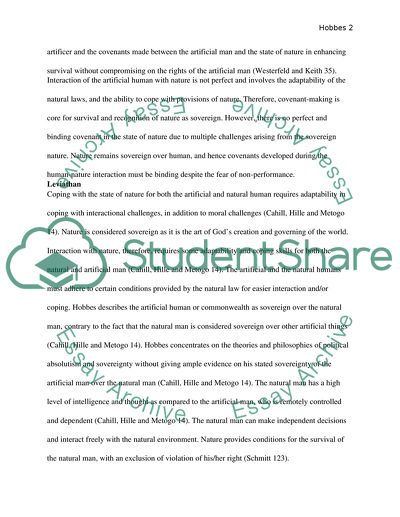Cite this document
(“Thomas Hobbes Leviathan Essay Example | Topics and Well Written Essays - 1500 words”, n.d.)
Retrieved from https://studentshare.org/history/1623231-thomas-hobbes-leviathan
Retrieved from https://studentshare.org/history/1623231-thomas-hobbes-leviathan
(Thomas Hobbes Leviathan Essay Example | Topics and Well Written Essays - 1500 Words)
https://studentshare.org/history/1623231-thomas-hobbes-leviathan.
https://studentshare.org/history/1623231-thomas-hobbes-leviathan.
“Thomas Hobbes Leviathan Essay Example | Topics and Well Written Essays - 1500 Words”, n.d. https://studentshare.org/history/1623231-thomas-hobbes-leviathan.


